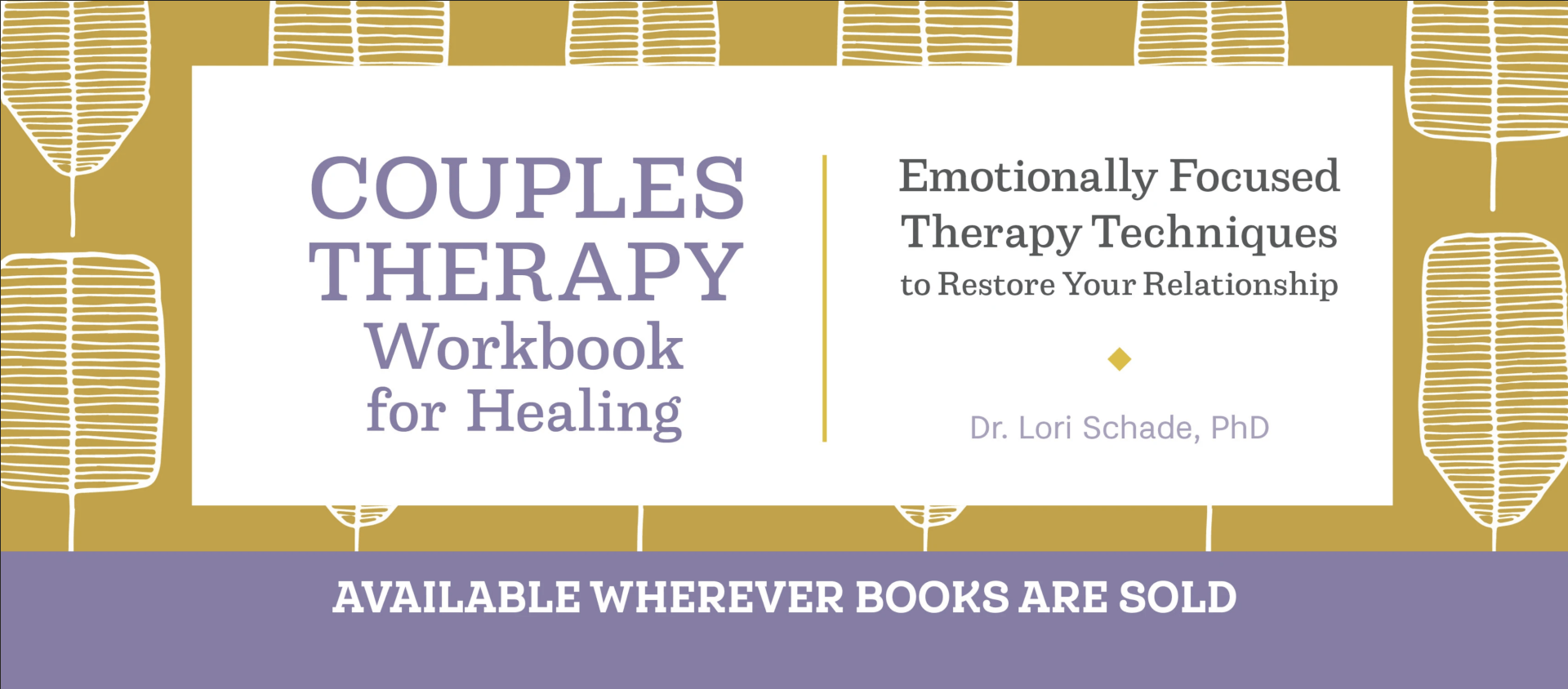Them’s Fighting Words: Marital Disarmament as a Noble New Year’s Resolution
My husband and I were sitting in bed at the end of the day a few months ago when my teenage son walked in and asked out of nowhere, “Mom, I have a question. What weapons do you have that you think you use against dad?” My clarifying, “You mean besides my mouth?” was overshadowed by my husband’s simultaneous, “She has a lot of them,” delivered with the unabated zeal of a child high on the expectation of reciting his Christmas list to Santa.
I furrowed my eyebrows at him, “Whoa-a! It sounds like your father has something to say. Is this about my recent Hamilton obsession? Because I haven’t blasted it at 7 a.m. for weeks now, and I already forgave you for not fully appreciating the genius that is Lin-Manuel Miranda.”
“Well,” he replied, “I’m always telling you that you should have been an attorney. Enough said.” I looked back at my son, “I was right—my mouth.”
I must admit that I experienced a slight “ouch” to hear my husband’s enthusiastic reply, like he had been preparing for the 31 years of our marriage just to be asked that particular question. It was still bothering me the next day. I approached with, “I’m a little disturbed at the rapidity with which you answered that question. Do you think I try to hurt you?”
He laughed and tried to soften the initial blow, “Honey, no–I heard the question and answered. I didn’t say you hurt me all the time, I just said you know how to do it—you know you can hurt me more than anyone because basically you’re the person I care the most about–so where do you want to go to dinner?” (predictably attempting to maneuver me toward a less controversial topic)
I retreated into my head, where I live much of my life, recollecting the times I had hurt him, self-flagellating with a hefty dose of shame and regret, and reaffirming my commitment to work harder to increase my positives-to-negatives ratio in our communication.
The fact is, a bonded romantic relationship can precipitate the most emotional safety but also the most pain. We rarely set out to hurt our partners, except in instances in which we strike back to show how we are hurting. It is very hard to be reminded about pain we have caused to the people we love the most. I believe it’s at least in part because we know we aren’t at our best when we hurt people, whether it is intentional or not. In return, our partners tend to know our vulnerabilities and can hurt us the most.
There are infinite ways to cause harm to a spouse. ANYTHING, and I do mean ANYTHING can be weaponized. Even a shield can appear as weaponry to a spouse. Here are some common weapons partners use:
- Language —name-calling, labeling, and using aggressive and absolutist terms (“always,” or “never,” anyone?) are nearly ubiquitous.
- Withdrawing and withholding —anything can be withheld. Compliments, gratitude, sex, and basically any physical and/or emotional contact. It sends the message that, “You are so bad that I cannot even deal with you and you don’t deserve my positive acknowledgment. When you are behaving properly, perhaps then I will grant you the gift of my presence.” Withholding also tends to serve as justification for some twisted moral high ground—people who use these methods can sometimes feel more virtuous because they see their partners as the aggressors stooping to morally compromised behaviors. However, refusing to engage can be just as cold and punishing and cruel as the presence of aggressive behaviors.
- Bringing up the past to reinforce that your spouse is flawed and unchanging —this is tricky, because if a couple doesn’t have a good way to heal past injuries, the past will come up. Partners are often afraid they will get hurt again. Potential triggers for past pain are everywhere. However, the way the pain is communicated can either draw a partner in for potential connection and soothing, or push them out further. Bringing up the past is necessary to build safety, but most people use it as a way to shield themselves from injury and to justify staying disconnected rather than using it as a bridge toward future connection.
- Using other people to strengthen your case against your partner —For example, “Even your children think you are a robot, just ask them,” or “You are exactly like your mother.” This never helps, even if it’s true. The verity of the assertion is irrelevant. Anything between you and your partner must stay that way. Unless, of course you would like to hear about all the people that agree with your partner about how awful you are.
- Using non-verbals to express disapproval —Tone and facial expressions are common ways to communicate our disapproval to our partners, and they can be cleverly disguised as “Your skewed misperception.” See: passive-aggressiveness.
This is not an exhaustive list. People will even use marital therapy as a weapon. Common uses are, “You didn’t even do the homework or read the book the therapist recommended,” which is critical and blaming. I have not once seen a client respond to any version of this with an assenting, “Oh, I see the light now! You’re right! I didn’t realize it before, but now that you showed me the error of my ways, I will be 100% engaged. Thank you for pointing that out!” Instead, I can predict with a high degree of accuracy that a statement like that will elicit a highly defensive and counter-blaming response.
Sometimes I will have clients ask me to give them specific “communication skills,” in a desperate attempt to quickly repair the marriage. Unfortunately, this was really all the field of marital therapy had to offer back in the 80’s, and it was usually only useful in cases of newlyweds without a history of challenges, or vapid couples, where neither escalates (which is somewhat rare). When it is useful, it’s often only in the short-term or in instances in which the emotions are low. I absolutely know how to “teach communication skills,” and have various methods to do so, yet rarely recommend an explicit didactic approach for “skills” or “love languages,” except in low-distress marriages. Why? Because the “skill,” will either be tossed to the wayside in extremely emotional conversations, or weaponized to injure a spouse. Examples of this are parroting one of the skills sarcastically or criticizing a partner’s employment of the “skill,” as in, “You’re not doing that the way the therapist taught us.”
So why do we use weapons against each other and what can we do instead?
Some of the common reasons we hurt our partners are:
- We don’t realize we are doing it. We can’t experience the world exactly like our partners. We can unintentionally trigger pain by scraping up against vulnerabilities that are rawer than we realize. To make matters worse, when it happens, we tend to become defensive instead of validating the pain we caused, in an effort for our own intentions to be validated. However, this will escalate further argument or disconnection. If your partner approaches you by bringing up something that hurt them, a soothing response is to acknowledge the pain and try to understand it better and plan for the future. For example, “Oh, I hadn’t realized that was painful—It’s hard for me to hear that I hurt you—help me understand it better so it doesn’t keep happening,” is always more useful than, “Well, you are in charge of your own feelings—It’s not my fault if you choose to have your feelings hurt by me. Besides, you are always hurting my feelings—should I tell you all the ways you hurt my feelings?” Trust me, I have heard all the arguments for why a spouse should be able to give the second response, and my answer is that if your intent is to make the marriage worse so you can disconnect, then by all means, stick to that answer.
- To protect ourselves. The things we do to protect ourselves look like weapons of war to a partner. This is a predictable paradox. For example, withdrawing and refusing to communicate by either leaving or refusing to respond are protective for someone who is experiencing distress from a partner’s emotional behaviors, but that type of wall looks like aggressive shut-out to a partner. Conversely, getting louder or more repetitive as a desperate response to make an impact on a partner looks aggressively weaponized. If you believe your partner doesn’t care about your feelings, anything you do to manage your own difficult emotions can look weaponized. Instead, try having a discussion with your partner about what methods you use to manage your own distress in the marriage and whether it may look like a weapon from the outside. Then vice versa.
- Sometimes we use weapons to communicate how much pain we are in. Criticism, blame, name-calling, and aggressive language are all ways of saying, “I am in pain in this marriage and I don’t have a good way to tell you so that you will really hear me.” Most partners get into a tug-of-war about whose pain is bigger. Regardless of justification, this never works. Instead, externalize BOTH partners’ pain by writing it down and acknowledge the pain as “couple pain,” generated and experienced over time together. The goal is to understand how to NOT continue to cause pain for EITHER partner.
- To communicate that this feels like a “life or death” situation in a hurry. In short, we use weapons when we feel threatened. The loss of love and acceptance and connection in a bonded romantic relationship feels threatening to most individuals. The type of reactivity induced in couple arguments is such an automatic response to threat, that speed can be one of the biggest barriers to connection. Sometimes to try to help people slow down, I will ask them to not say anything in response to a partner’s triggering words, but to just notice inside how they are experiencing it, in their thoughts and in their physiological responses (heart rate, breathing, etc.). Then, once they have noticed, they can slow down and choose responses differently. People can improve by noticing their reactivity and regulating their emotions in order to engage at a slowed-down pace, which is more helpful for connection.
Unify together to make the stressors the enemy instead of allowing the stressors to make your partner the enemy
Once, I had a couple begin an argument about money, which is one of the most common areas of couple conflict. I said, “It would be great if you could be a team fighting the enemy of economic scarcity together, rather than fighting each other over your individual fears related to money.” I explained that to ever feel like a team, I believed they needed a way to write down and acknowledge that they both had fears about money for different reasons. I believed they would feel more united when they could BOTH care take each other’s fears. There is also a need for ongoing evaluation to make sure both partners are still validated and working together. This environment also increases safety, which helps people become more flexible when working with their partners.
Shifting the paradigm from preservation of “myself” to preservation of “us,” can be a helpful way to think about it. Ultimately, marriages in which it’s “Us against the enemy,” have more potential for staying connected while solving problems. The “enemy” can be the economy, extramarital temptation, past affairs, the exhausting and crazy-making state of parenting, or any other content area. If partners villainize each other, they will sit in a homeostasis of monitoring each other for potential threat while keeping their weapons drawn, which will maintain the ongoing threat.
Exchanging weapons for compassion
Ultimately, I’ve observed that people are their strongest when they are compassionate, and compassion is a no-lose application. Compassion doesn’t mean staying in an abusive situation, but in a non-abusive environment, compassion is the balm that soothes and fosters healing required for safe emotional bonding.
Trading in weapons of war for joint compassion can be a helpful way to begin 2019. Think about it.




